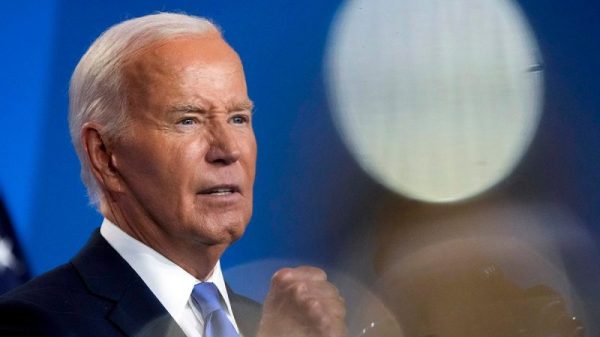
Financial experts have urged the Chancellor to abandon any plans to expand VAT coverage in the forthcoming Budget, warning that the move would “bludgeon UK consumers and businesses”, drive up costs and undermine key government policy goals.
The warnings come amid reports that Treasury officials are considering broadening VAT to previously exempt services such as private tuition, financial advice, postal services, burials and cremations, private healthcare, property rentals, and non-profit sport or education — in a bid to raise revenue ahead of next year’s fiscal targets.
While such measures could deliver a short-term boost to Treasury coffers, tax specialists and business leaders argue the long-term impact would be inflationary, regressive and politically toxic.
Luke James, Tax Director at Sheffield-based Gravitate Accounting, said removing VAT exemptions would risk “distorting behaviour” and eroding affordability for essential services.
“A Budget VAT attack would bludgeon UK consumers and businesses,” he said.
“VAT exemptions are key for countless essential services like healthcare, education and housing. Removing them risks distorting behaviour, adding admin costs and sparking a public backlash that far outweighs any fiscal benefit.”
James warned that expanding VAT to areas such as private tuition or non-profit sport would “drive up prices and reduce access for lower-income families”, while sole traders and small firms would face new compliance burdens.
“Just because something raises money doesn’t mean it’s good policy,” he added. “VAT reform should be guided by clarity, efficiency and fairness — not fiscal desperation.”
In the financial services sector, experts said applying VAT to investment and advisory services would widen the UK’s already significant advice gap.
Antonia Medlicott, Founder and Managing Director of Investing Insiders, said: “Around 4.1 million UK adults would like financial advice but haven’t been able to access it. Adding VAT to the cost of financial help would push professional advice even further out of reach and sabotage the government’s own goals on financial resilience.”
Scott Gallacher, Director at Leicester-based Rowley Turton, said such a move would be “a spectacular own goal”.
“If the Chancellor genuinely wants to encourage investment in UK business, taxing financial advice is the worst possible move,” he said. “It would drive people away from professional guidance and starve British firms of much-needed capital.”
Elsewhere, small business leaders criticised the rumoured policy as evidence of short-termism.
Rohit Kohli, Director at The Mortgage Stop, said expanding VAT was “not a plan, it’s dithering desperation.”
“Every new tax grab drives up costs on everyday services and piles more pressure on families and businesses,” he said. “It won’t close the fiscal gap sustainably but will suppress spending, confidence and growth.”
Philly Ponniah, Chartered Wealth Manager at Philly Financial, said the policy would be regressive: “Many sole traders, small business owners and independent professionals are still recovering from years of instability. Adding VAT could push up prices, shrink demand and wipe out already thin margins.”
Experts also warned that even speculation about VAT reform is causing uncertainty in the SME sector.
Eamonn Prendergast, Chartered Financial Adviser at Palantir Financial Planning, said confusion over whether the VAT threshold would rise or fall was “stalling investment and hiring”.
“Businesses don’t know whether to plan for a threshold rise to £100,000 or a cut to £30,000 — that limbo alone is enough to halt growth,” he said.
“Lowering the threshold now would be disastrous for productivity, pushing thousands of small firms into new compliance costs and forcing price hikes for consumers.”
Pete Mugleston, Managing Director at onlinemortgageadvisor.co.uk, said adding VAT to everyday essentials would amount to “a stealth tax on the middle class”.
“Adding VAT to essentials like rent, healthcare or tuition would effectively be a stealth tax on ordinary households,” he said. “It might deliver short-term revenue, but it would deepen the cost of living crisis and suppress spending — the exact opposite of what the economy needs right now.”
Tony Redondo, Founder of Cosmos Currency Exchange, said tinkering with the VAT regime was “not a structural fix but a one-time revenue boost”.
“It would come at a high economic and political cost,” he said. “The UK doesn’t need higher VAT; it needs a growth plan that restores confidence and rewards enterprise.”
Read more:
Experts warn Chancellor against expanding VAT coverage in Autumn Budget




























